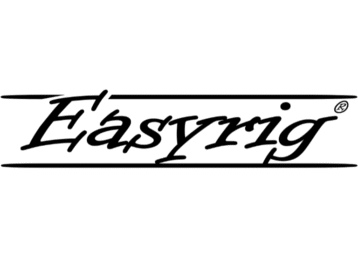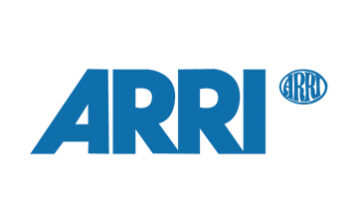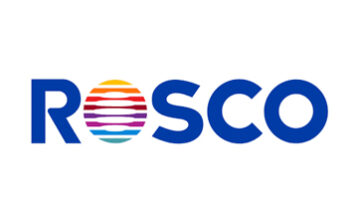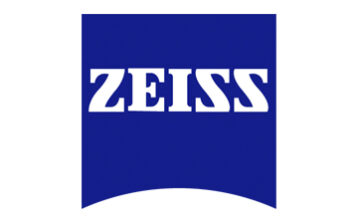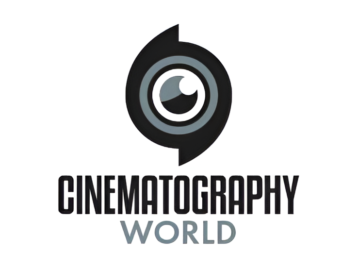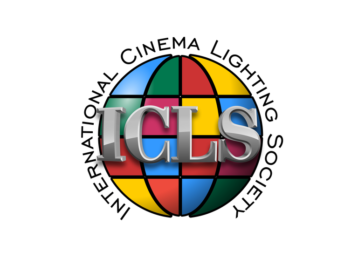The Authorship Rights of Directors of Photography in Argentina
When we were told about the possibility of writing an article about the cinematographer’s rights as authors of their work, to be published in this magazine, we felt very honored about it. We accepted the entrusted task, being aware of the fact that it would not be easy to write about a right that has never been mentioned (in Argentina) before; not by Law 11.723 of Intellectual Property including its successive modifications, nor by writers specialized in the topic of authorship.
The situation was not better on international level either, since in a first search on comparable laws we only found one antecedent: the new federal law on Authorship in Mexico, December 1996. We’ll briefly refer to it.
In this new law that is devoted to cinematographic and audio-visual works, the: – director/film-maker, – the authors of the plot, the adaptation, script or dialogue, – the composers of music, – the cinematographer (literally translated: the photographer) and – the authors of caricatures and cartoons ” are mentioned as authors (Art.97). All of them are considered authors of the cinematographic or audio-visual work, but the producer is the holder of the patrimonial rights of the “work as a whole”, unless the contrary is agreed on, leaving it to any of the authors of the work to specifically keep the title of the rights about his/her contribution or “work in particular” to himself.
Since the producer is the holder of the patrimonial rights on the work as a whole, unless explicitly agreed upon differently, he can therefore take all the necessary actions for the exploitation of the work, its reproduction, distribution, public presentation and performances, transmission by cable, broadcasting, public communication, subtitling and dubbing of the texts of the aforementioned work.
Recognizing the different authors of each part or aspect of the cinematographic work as such, even though they have transferred the patrimonial or exploitation rights of their creation to the producer, they still preserve the title of the moral rights of their creation and the right to exploit their particular creation or contribution – as long as the normal exploitation of the work as a whole is not affected.
Beside what has been said, the Rule of the Federal Law on Authorship dictates that the “contracts of audio-visual productions should foresee the proportional participation or fixed remuneration in favor of the authors or titulars determined in article 97 of this law, which will rule for each act of exploitation of the audio-visual work. If no modality of exploitation is mentioned in the contract, it will be understood as kept reserved to the authors of the work.” (Art 34) and that the authors will get a share of the royalties generated by the public performance of the audio-visual work. (Art 35)
Without any doubt, the new Mexican legislation widely protects all authors that contribute with their personal collaboration in the creation of a cinematographic or audio-visual work while preserving sophisticated rights of exploitation for the producer.
The situation of the Argentinean legislation is completely different; Law 11.723 considers only the author of the plot or the script, the producer of the film and, in case of a musical work, also the composer as “collaborating authors” of a cinematographic work, unless explicitly agreed different (Art 20). Not even the director is considered to be an author of his film, making the outlook into the future very discouraging.
After intense activities by a group of organized film directors, Law 24.902, that established directors as the sole authors of a cinematographic work, was approved by the congress in 1997 but was also immediately vetoed by Decree1335/97. The law wanted to recognize directors as authors, but was probably too ambitious since it did not include the other co-participants and collaborating creators of a cinematographic work as authors as well.
It is still a long and difficult way for cinematographers to achieve their recognition as authors for their creative and fundamental collaboration in audio-visual works, but our Mexican colleagues have proved that it is not an impossible
© 1999-Edwin R. Harvey – Maria Victoria Harvey Abogados – Lawyers
Translation into English 2002 by Sandra Gómez Jìmenez




